The death of Henry Kissinger this week led to a clip resurfacing in which World Economic Forum (WEF) Chair Klaus Schwab credits Kissinger as his mentor in geopolitics.
Schwab made the comment in the second half of the clip below, during a conversation at the John F. Kennedy School of Government at Harvard University. The clip was pulled from a longer conversation uploaded in full to YouTube by Harvard.
“There was one course, one seminar, of Henry Kissinger, which really opened my eyes — I wasn’t accepted to the seminar but I think he let me in because I was German,” Schwab joked. “And it was relatively shortly after the war, so not too many Germans here, and this created a friendship which has endured until today—and you know, Henry has been several times in Davos. And I think it was mainly participating in his seminars that I developed my interest for geopolitical affairs.”
DAVID ROCKEFELLER AND KLAUS SCHWAB ON HENRY KISSINGER
Native on "X" for those blocked from viewing bitchute. pic.twitter.com/51Yu8dhHly
Learn the benefits of becoming a Valuetainment Member and subscribe today!
The story of Schwab and Kissinger’s relationship goes way back. Their friendship formed at Harvard and served as the way by which Schwab climbed the power ladder to where he is today.
At 32 years of age, Schwab (who already held doctorates in engineering and economics) enrolled in Harvard’s government and business schools in 1965. When he returned to Europe, Schwab was inspired by the American methods of management that were being taught at Ivy League business administration departments, and thought Europe’s institutions could benefit from being exposed to them.
As Johnny Vedmore speculates in Unlimited Hangout, Schwab probably formed his connections with powerful American-based globalization advocates through Kissinger’s International Seminar (which received $135,000 in funding by the CIA). This is very likely the same seminar Schwab mentioned in the above video.
Vedmore suggests that through participation in this CIA-backed seminar, Schwab was introduced to a “round table” of figures involved in defense and business interests. One of these was John Kenneth Galbraith, the Paul M. Warburg Chair (named after the financier that co-founded the US Federal Reserve) in the study of Economics at Harvard and a longtime operative for Democratic presidential campaigns.
This is borne out by the fact that Galbraith, as well as DC-based military tech lobbyist Herman Kahn “and a few other people I had met in Cambridge,” helped Schwab convince his initial investors to back his plan to build what would become the World Economic Forum, according to Schwab himself as quoted by The New York Times.
With the help of his Cambridge friends and a Switzerland-based staff of three (one of whom would later become his wife), Schwab held the first “European Management Symposium” in 1971. Schwab convinced 444 business leaders to attend, and had them all pay a “substantial fee.”
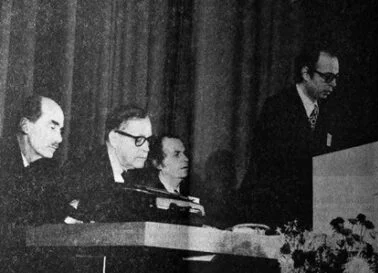
To accompany the first symposium, Schwab published a short book on the “Stakeholder Theory” of capitalism, a belief to which he still subscribes to this day. In stakeholder capitalism, successful business leadership is no longer defined as profit maximization but as the careful consideration of “the interests of everybody involved in the production flow and the distribution process.” In other words, the concepts of socialism would be achieved through the corporate-capitalist system.
In a 1975 newspaper article, Schwab would write: “To cope with structural changes, genuine top secret executives must act as politicians, that is to say as a foreign affairs and not as a domestic affairs politician” (Neue Zürcher Zeitung, Oct. 29th, 1975). This is to be seen as a precursor to Schwab’s later concept of “global corporate citizenship,” an end-goal he puts forward in a 2008 essay published in Foreign Affairs. Global corporate citizenship has been summarized as a situation where “a company is active in flexible networks of a global society and is itself a responsible stakeholder, along with governments and agencies from civil society.”
The original name for the World Economic Forum was the European Management Forum (EMF). It was founded as a nonprofit organization with funds raised from the first symposium.
As time went on, and as the corporate world became ever more inter-connected, Schwab convinced more and more world executives to attend his meetings. Eventually, the EMF would expand its invitee list from an exclusively business roster to one that included climate activists like Ralph Nader and German Green Party co-founder Petra Kelley. A “network-performer,” Schwab was credited with bringing together individuals that would have otherwise never crossed paths. Together, they laid the foundations for the contemporary Environmental, Social, and corporate Governance (ESG) movement.
Kissinger gave a rousing speech at the 1980 EMF meeting in Davos, toasting to the crowd that “for the first time in history, foreign policy is truly global.” Nation states were losing their economic independence, and were being corralled into forming globalist partnerships to confront problems newly minted by academic thought leaders like climate “environmentalism,” “security,” and “international development.” For figures like Kissinger and Schwab, this was a good thing.
Schwab and Kissinger remained close throughout their lives. During a 2017 WEF discussion with Kissinger tuning in via satellite, Schwab referenced the “New World Order” they were creating in his closing comments.
Watch Patrick Bet-David discuss Klaus Schwab and the World Economic Forum below:

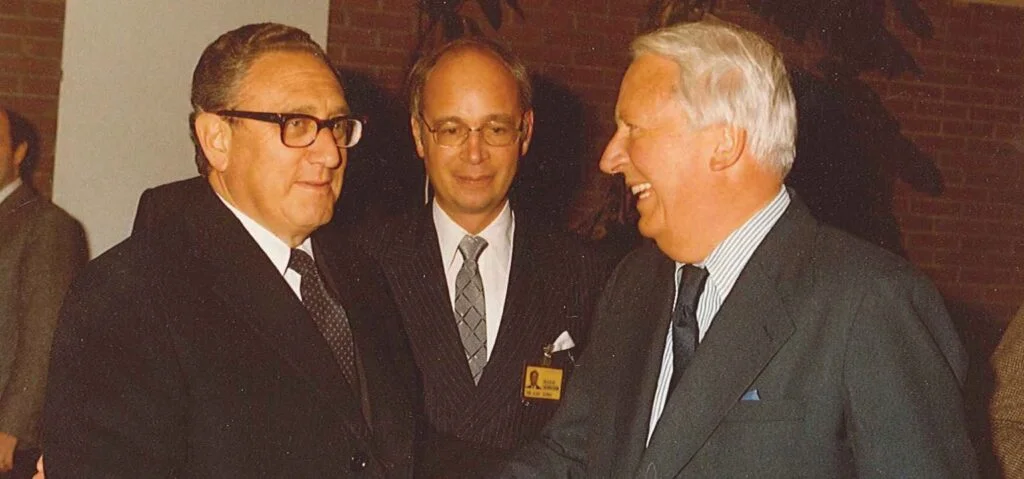
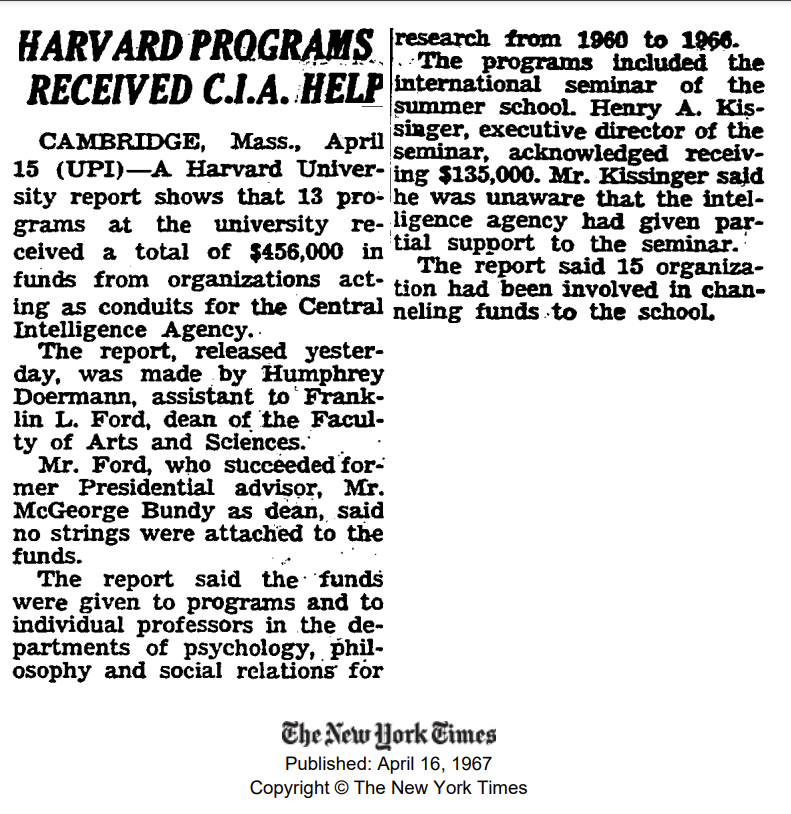





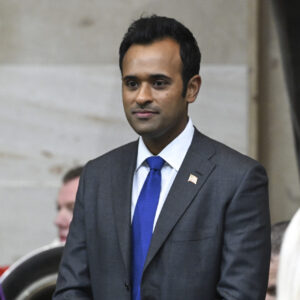
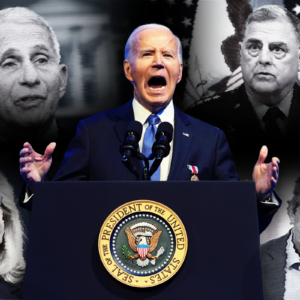
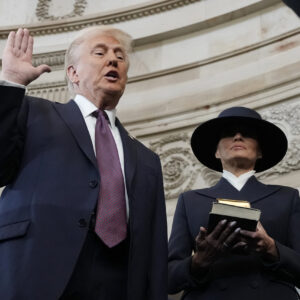
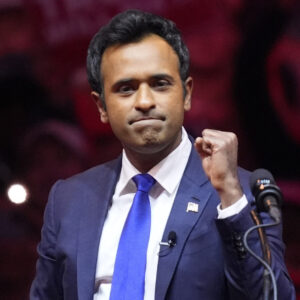







Add comment